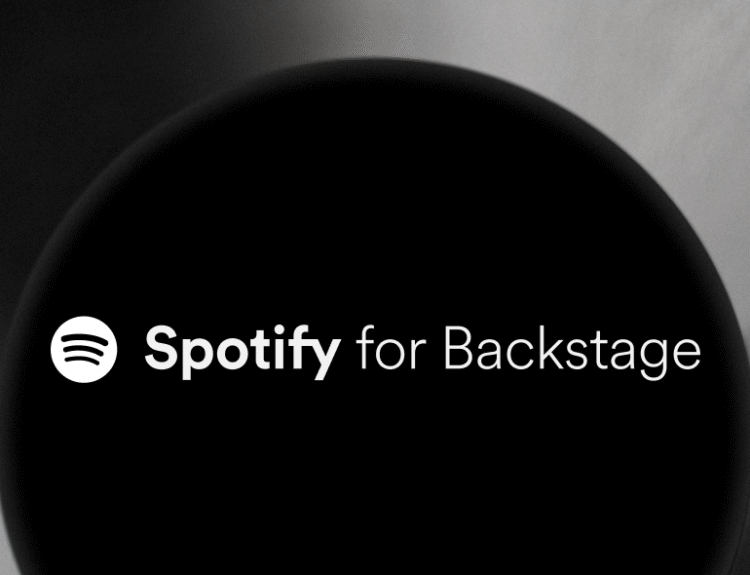Okay, so Skype is officially calling it quits today, May 5, 2025. After 23 years of connecting us all, Microsoft is pulling the plug. Like many, I’ve used Skype for everything from quick chats with family overseas to crucial business calls. While a little sad to see it go, it’s also a chance to explore what’s new and improved in the video communication space. I’ve been doing some digging, and I wanted to share my insights on the best alternatives, along with some interesting data to back it all up.
The End of an Era: Why Skype’s Shutdown Matters
Let’s be real, Skype changed the game when it first launched. It made international calls accessible and helped bridge distances in a way we hadn’t seen before. But tech moves fast, and Skype hasn’t exactly kept up. It’s interesting to note that while Skype was a pioneer, its market share has been steadily declining. According to a 2024 report by Statista, Skype’s usage had dropped significantly in recent years, with other platforms taking the lead in both personal and professional communication. This decline likely contributed to Microsoft’s decision to focus on Teams.
This shift highlights a broader trend: users are demanding more integrated and feature-rich communication tools. We want platforms that not only offer video calls but also seamless file sharing, collaboration features, and strong security.
My Top Alternative: Zoom
If I had to pick one replacement for Skype, it would be Zoom. Before you roll your eyes, hear me out. It’s not just a pandemic fad, it’s a seriously versatile tool. I have been using it for over 3 years now.
Why Zoom?
- Ease of Use: Let’s face it, some platforms can be clunky. Zoom is straightforward, even for the less tech-savvy.
- Feature-Rich: From screen sharing to breakout rooms, Zoom offers a ton of features that make collaboration easier.
- Reliable: In my experience, Zoom’s call quality is consistently good, even with less-than-ideal internet connections.
- Integrations: Zoom integrates with a huge range of other tools, like Google Calendar, Slack, and more.
Zoom has become a communication juggernaut with good reason. Their Q4 2024 report shows a significant increase in enterprise customers, demonstrating its growing adoption in the professional world. Plus, their focus on security updates in recent years has addressed many initial concerns.
Making the Switch: What You Need to Know
Switching to a new communication platform can feel daunting, but it doesn’t have to be. Here are a few tips to make the transition smoother:
- Test it out: Before you fully commit, try out the free versions of a few different platforms to see what works best for you.
- Inform your contacts: Let your friends, family, and colleagues know you’re switching and which platform you’ll be using.
- Migrate your data (if possible): Some platforms allow you to import contacts from Skype. Check to see if your chosen alternative offers this feature.
- Update your devices: Make sure your computer, phone, and webcam are compatible with the new platform.
Key Takeaways:
- Skype’s shutdown marks the end of an era in online communication.
- Zoom emerges as a strong contender for replacing Skype, offering ease of use, rich features, and reliability.
- Market data shows a clear shift towards more integrated and feature-rich communication platforms.
- Making a smooth transition involves testing alternatives, informing contacts, and migrating data where possible.
- The future of communication lies in platforms that prioritize user experience, security, and seamless integration.
FAQs About Skype’s Shutdown and Alternatives
Will I lose my Skype contacts?
Microsoft encourages users to migrate their contacts to Microsoft Teams. However, if you’re not a Teams user, you’ll need to manually add your contacts to your new platform of choice.
Is Zoom really secure?
Zoom has made significant strides in improving its security features in recent years. Always ensure you’re using the latest version of the app and enable security settings like meeting passwords.
Are there any completely free alternatives to Skype?
Yes, many platforms offer free versions with basic features. However, keep in mind that free versions may have limitations, such as call duration limits or fewer features.
“`






